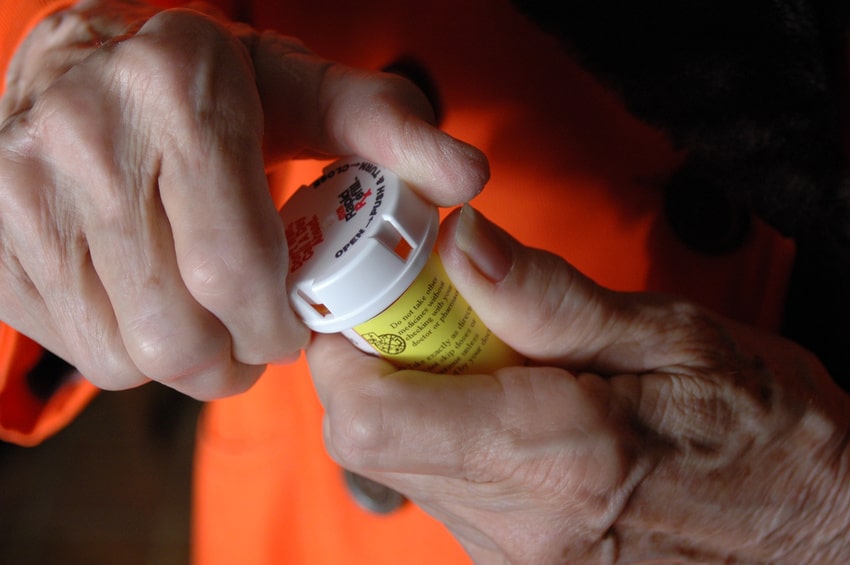Research conducted in 2019 has strengthened the connection between dementia and a common class of drugs used to treat a variety of symptoms.
Anticholinergics are a type of medication that blocks the action of acetylcholine. That’s a chemical messenger (or “neurotransmitter”) in the brain that help coordinate breathing, digestion, urination and other functions.
Anticholinergics can treat a variety of ailments, including urinary incontinence.
Considerable’s recent article entitled “These common prescription drugs could boost your risk of dementia” reports that anticholinergics include a roster of drugs for depression (such as Paxil), psychosis (such as Thorazine), Parkinson’s disease (such as Cogentin) and bladder disorders (such as Ditropan).
The 2019 study found a nearly 50% increase in chances of dementia in those people who received more than 1,095 daily doses of these drugs in a 10-year period.
The research was published in JAMA Internal Medicine.
The study, sponsored by the University of Nottingham, monitored 284,343 patients age 55 and older between 2004 and 2016. The researchers examined the total standardized daily doses (TSDDs) of anticholinergic drugs during that time period.
The researchers said that this was the equivalent to a senior taking a strong anticholinergic medication daily for at least three years.
Researchers looked at each person’s anticholinergic exposure and found the most frequently prescribed anticholinergic drugs were antidepressants, drugs to treat vertigo, motion sickness or vomiting and an overactive bladder.
The researchers at the University of Nottingham discovered that some other anticholinergic antihistamines and gastrointestinal drugs failed to correspond to a higher incidence of dementia.
The UK study shows a correlation between these specific anticholinergic drugs and increased chances of dementia. However, the researchers cautioned that seniors shouldn’t stop taking any medications without talking with their doctor.



